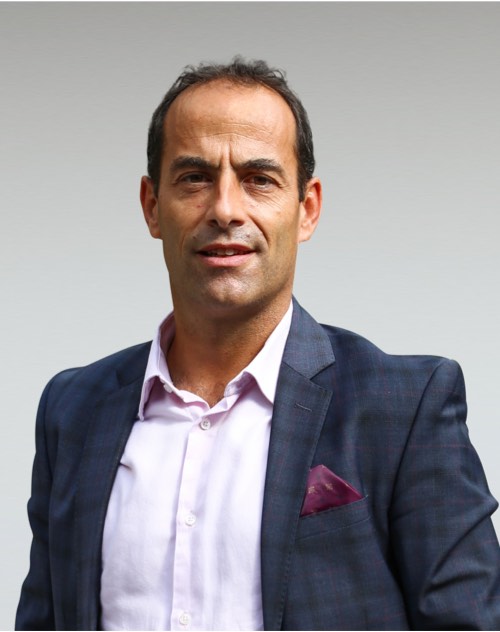Factory
Construction and management of your data sectors

Positioned at the heart of the activity, the structured management of the data chain increases the creation of value.
Data is the inseparable asset in the digital transformation of our companies. Smart data creates a new mission for the company: to identify, classify, store, analyse, maintain… in a word to ‘manage’ its data capital.
These relatively new issues are set to increase in importance in the years to come. From this emerges new responsibilities to be assigned, new processes to create, new organisations to adopt, new security requirements to meet, new architectures to build.
As Chief Technical Officer, Nicolas has supported very large French companies in their digitalization. An ultra-specialist in data and information systems, his career spans twenty-five years in technological strategy.
Nicolas joined Veltys in 2021 as a partner, to support the firm’s clients with the strategic and operational dimensions of their data sector, and issues regarding tools, governance, architecture, process and human resources.
At the head of the transformation of the Air France KLM group, he led all the IT innovation programmes: mobile, Big Data, Data management, Artificial Intelligence, Machine Learning, IoT and Cloud.
Executive VP and CTO of the Carrefour group, he is committed to combining digital growth and ecological issues. Nicolas is working on implementing actions to enable his IT departments to reduce their carbon footprint.
An advocate of lean management and continuous improvement, Nicolas also likes to share his experiences by speaking at key AI events. Speaker: AISummitLondon, Hub Institute, CES Las Vegas Applied AI, Bigdata Paris.
A graduate of the Ecole Polytechnique, Nicolas continued his training at the Ecole nationale du Génie rural, des Eaux et des Forêts, (AgroParisTech) and completed it with an Executive Master at HEC Paris.
|
Execute your business strategy
by leveraging company data in the same way as data from external sources
Industrialise your use-cases
and make as many users adopt them as possible
in line with business needs
Understand or create
a data heritage
|
Define data governance
and the operating model
Make the right technological choices
Establish and operate
robust and scalable infrastructures
Maintain this heritage
over time, an ongoing process
|





















